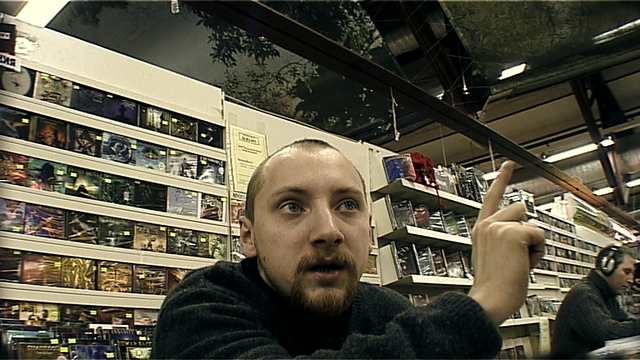article
The American military network ARPAnet was conceived as a way to maintain
uninterrupted communications in the event of nuclear war. Ancestor of
the Internet and foundation of the Global Information Infrastructure,
ARPAnet springs from exactly the same source as the "pushbutton war"
that lay behind it: the change of scale provoked by the early 20th
century discoveries in physics, within an industrial society capable of
organizing the productivity - including the scientific productivity - of
thousands of agents. Here, no doubt, is the real birthplace of the
information society: a society massively penetrated by the sciences and
technologies of information and telecommunications, using them to carry
out the design of the planet or at least, that of its components (with
design replacing politics). A society whose governmentality entails the
knowledge of the real, that is to say, the transformation of reality
into information. A society whose governmentality unfolds between its
smallest common denominators (atomic, electronic, magnetic, genetic,
chemical) and its largest common denominators (climate, planet, solar
system), by way of laws, formulas and norms that determine its
productivity, means, and possible destinies.
Read
